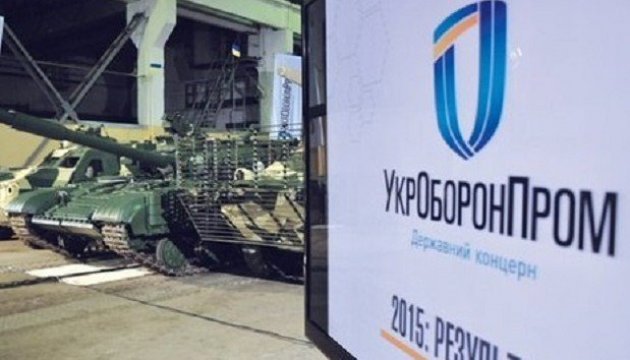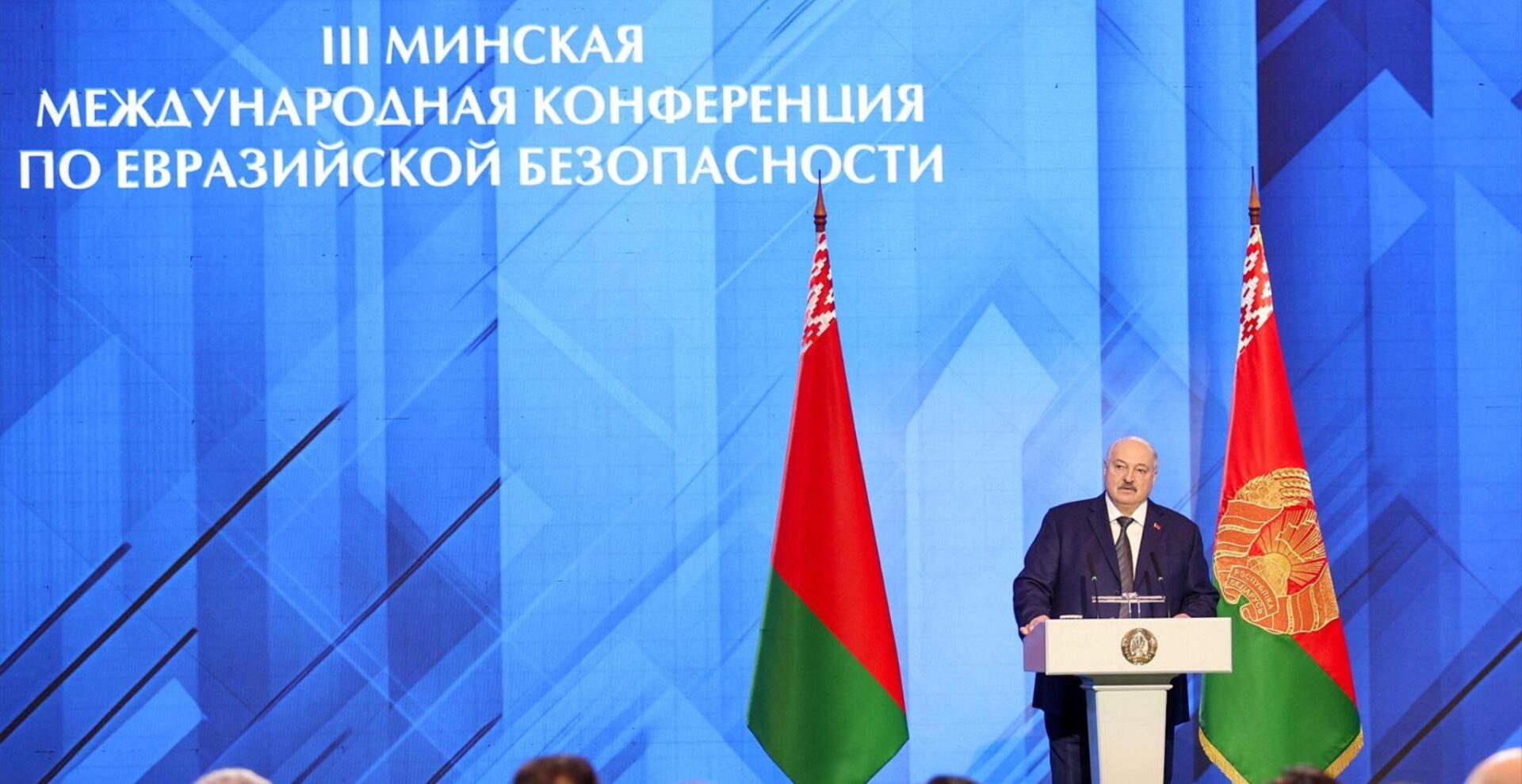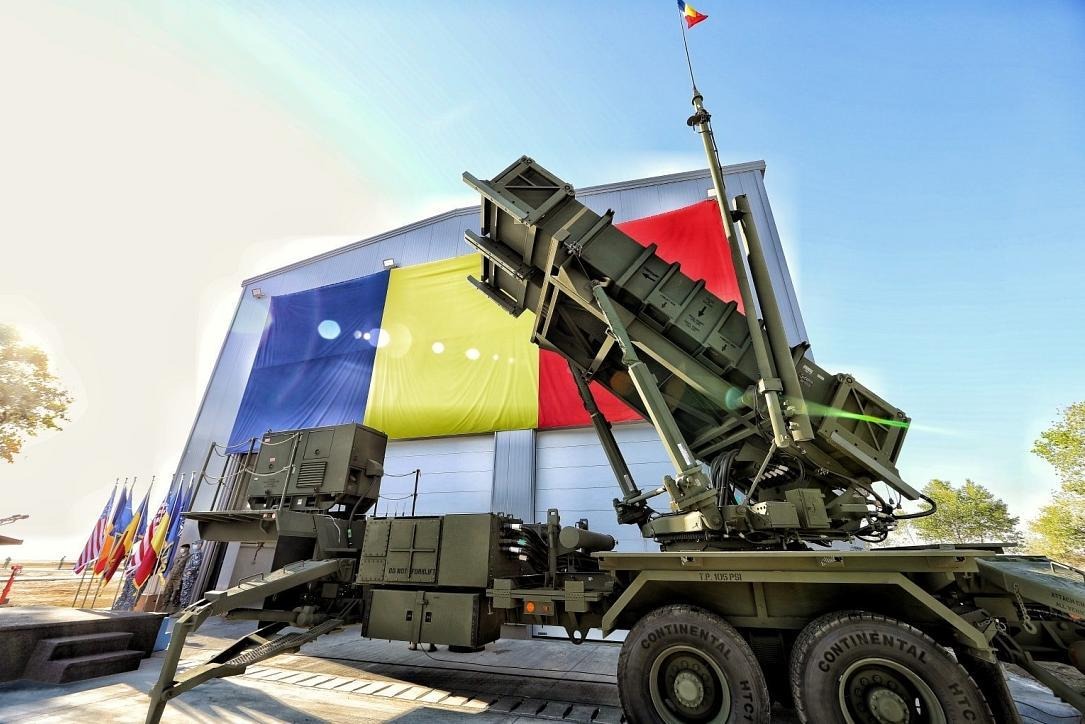
Ukraine Passes New Law ‘On National Security’—What Next?
Ukraine Passes New Law ‘On National Security’—What Next?
The second reading of Bill 8068 (Rada.gov.ua, accessed June 25), “On National Security,” successfully passed through Ukraine’s Verkhovna Rada (parliament), with 248 votes in favor, thus providing a new framework law designed to overhaul the country’s statutory national security and defense architecture. The initial draft law, submitted by President Petro Poroshenko on February 28, 2018 (see EDM, March 21), was passed at its first parliamentary reading in early April. It then underwent the process of suggested parliamentary committee and individual parliamentarian amendments prior to a second and final vote on June 21.
At its most fundamental level, the law is built upon the “resilience” requirements of Article 3 of the Washington Treaty—the 1949 foundational document of the North Atlantic Treaty Organization (NATO). It strengthens civilian and parliamentary control over the military and the Security Service of Ukraine (SSU); provides for transparency (notwithstanding where State secrecy is required); and seeks to clearly delineate the powers of the law enforcement agencies. As a framework law, it will therefore have future legislative consequences, in particular for the SSU and Ukrboronprom, the state-owned monolith and monopoly within Ukraine’s military industrial complex.
Among the few substantial amendments that were made to the original text, perhaps the most notable change relates to delineating the abilities and mechanisms of the public, civil society, non-governmental organizations (NGO) and parliamentarians when it comes to the country’s defense. Notably, the law “On National Security” establishes a new Rada Intelligence Committee with oversight over the defense and security realm. The four entirely new clauses of Article 10 refer to a clear process of transparency wherever practicable.
Another noteworthy change affects the Ukrainian National Guard, which falls under the command of the Ministry of Internal Affairs during peacetime. The original presidential text would have transferred the National Guard’s command to the National Security and Defense Council (NSDC) in times of war and/or Martial Law. But the newly passed law was amended to provide for joint interior ministry and NSDC command during times of war and Martial Law.
The reason for this particular amendment is open to debate. The Ministry of Internal Affairs is the only “power ministry” controlled by the People’s Front—the majority coalition partner of President Poroshenko’s party. As such, this may have been a concession to ensure People’s Front’s favorable vote. But it leaves open the question of what happens if Martial Law is applied only to the occupied territories or some portion of Ukraine: the National Guard units serving in those territories presumably fall under the operational control of the NSDC, but do those stationed elsewhere in the country remain under the peacetime control of the interior ministry?
The law still requires presidential signature to take effect. For the purpose of political framing, this is likely to occur immediately prior to the July 2018 NATO and European Union–Ukraine summits.
The new law will immediately repeal and replace the entirety of Ukraine’s pre-existing legislative national security architecture: namely, the law on the “Fundamentals of National Security 2003” (Rada.gov.ua, November 30, 2017), the law on “Democratic and Civilian Control over the Military Organization and Law Enforcement Agencies of State 2003” (Rada.gov.ua, December 7, 2017) and “On the Organization of Defense Planning 2005” (Rada.gov.ua, November 18, 2004).
The passing of the new law also requires (as of January 1, 2019) that the current defense minister and two deputy defense ministers are civilians and not military personnel. The current minister, General Stepan Poltorak, in his post since October 14, 2014, will therefore be required to step aside or, less likely, to become a civilian.
This law sets a statutory requirement to spend a minimum of 5 percent of GDP on defense annually, with a minimum 3 percent of GDP to be exclusively spent on the armed forces/defense, and at least 0.5 percent on the military industrial complex. The aim is to protect this expenditure from future budgetary considerations and thus provide for capacity-based planning.
Unambiguously, the new law removes the SSU from the fight against corruption, and clearly focuses its efforts upon the fight against terrorism, counterintelligence, and the defense of the state and critical infrastructure. Many existing laws relating to, or otherwise mentioning the role of the SSU will require amendment. It remains to be seen if a new law regarding the SSU will be created or if piecemeal amendments are made.
Nevertheless, the role of Department K within the SSU, which delves into economic matters, will have to remain in some shape or form, despite the Security Service being explicitly removed from corruption investigations. Ukraine exists in a global environment where there is an ever-converging space between cyberattacks, terrorism, organized crime, corruption, and the questionable ownership of critical infrastructure. All this will require a continuing and covert watchful eye, and all will be deemed matters of national security. However, the regular TV news footage of SSU officers kicking down the doors of business will disappear. That will be the remit of other policing agencies. Any SSU involvement will now be limited to sharing relevant intelligence or, for the moment, as it remains the only state agency legally permitted to do so, conducting any requested wiretapping.
Another state entity that will undergo significant change as a result of the new law is Ukrboronprom. The giant state monopoly dominating the Military-Industrial Complex (MIC), charged with both the management of and production within the MIC, has long been seen as an unwieldy, opaque entity (Kyiv Post, December 1, 2017). Furthermore, it has a licensing stranglehold over military exports, thus providing a de facto monopoly on military exports and the opportunity to issue licenses under questionable arrangements with other domestic producers. The new legislation requires the Cabinet of Ministers to create a central authority to coordinate the activities of the MIC. This is a clear attempt to avoid completely dismantling Ukrboronprom, while still separating and removing the management and administration of the MIC from its current sphere of influence.
Though the statute will assuredly enter into effect over the coming months, much legislative and organizational still remains—in particular with regard to the laws surrounding the SSU, the management and administration of the MIC, a requirement to create a parliamentary intelligence committee and figure out its structure and processes, as well as the establishment of processes (and limitations) of public oversight when it comes to defense and security. Moreover, Kyiv will need to identify a new minister of defense January 1. Ukrainian lawmakers will thus remain busy.


